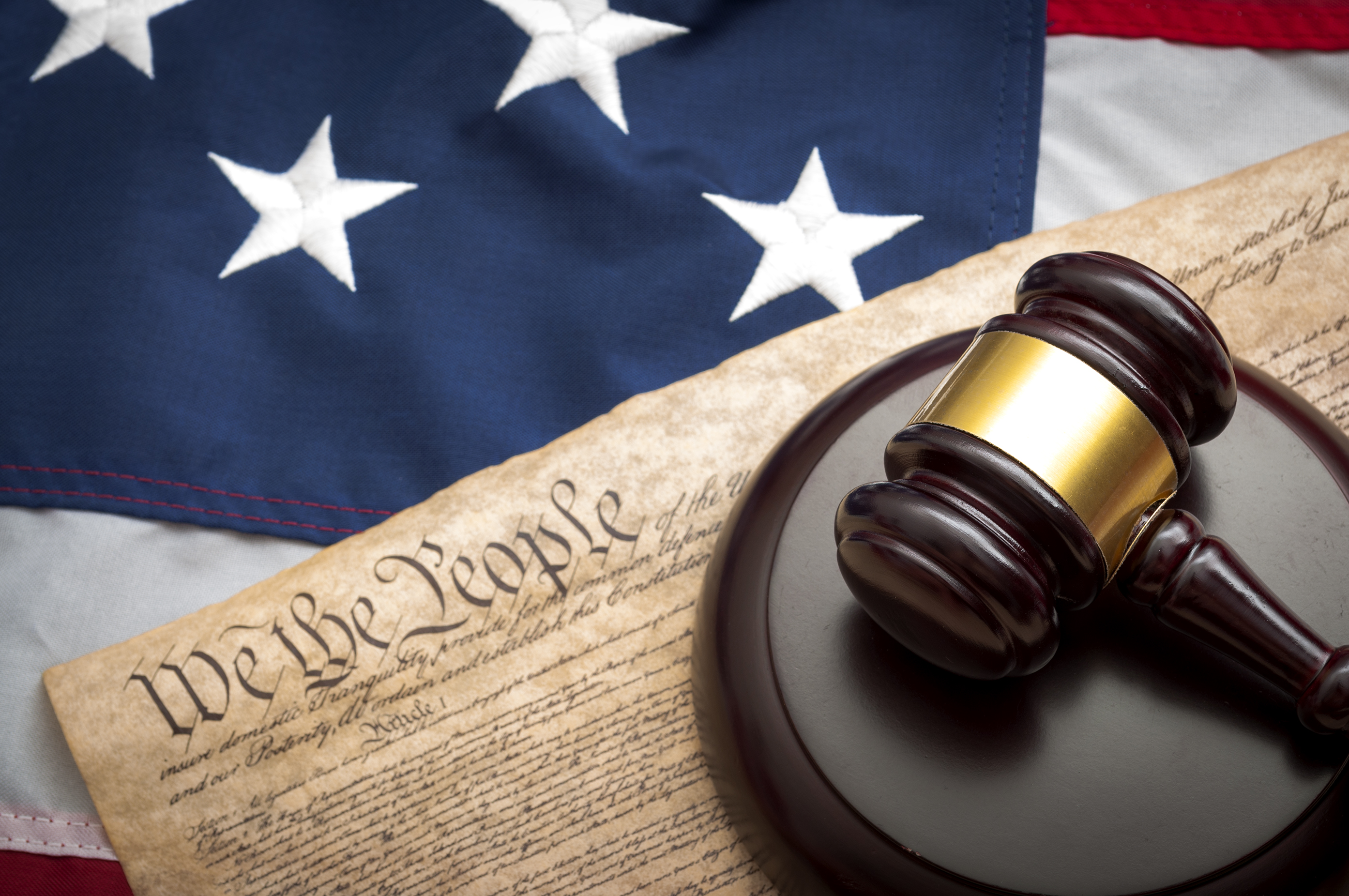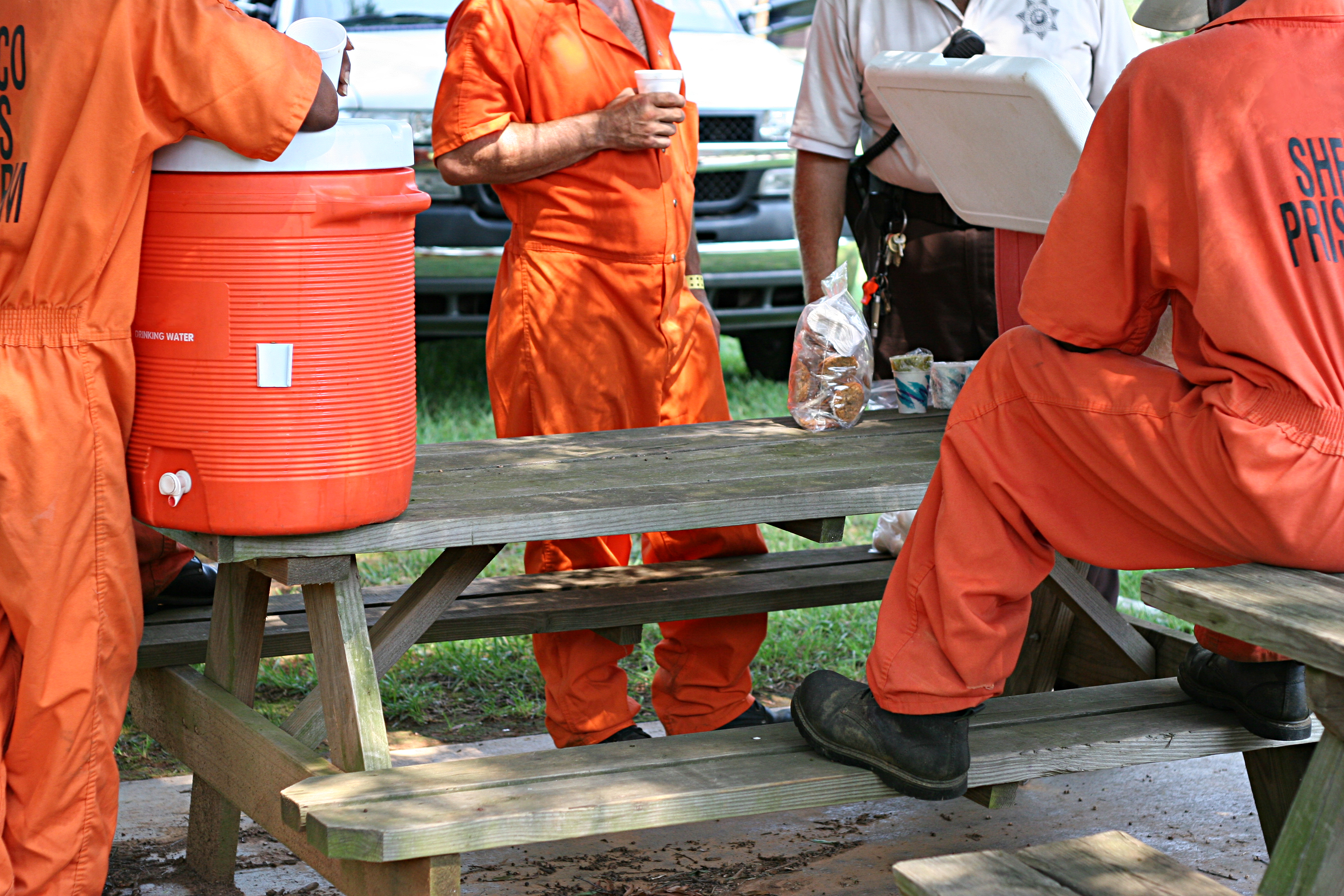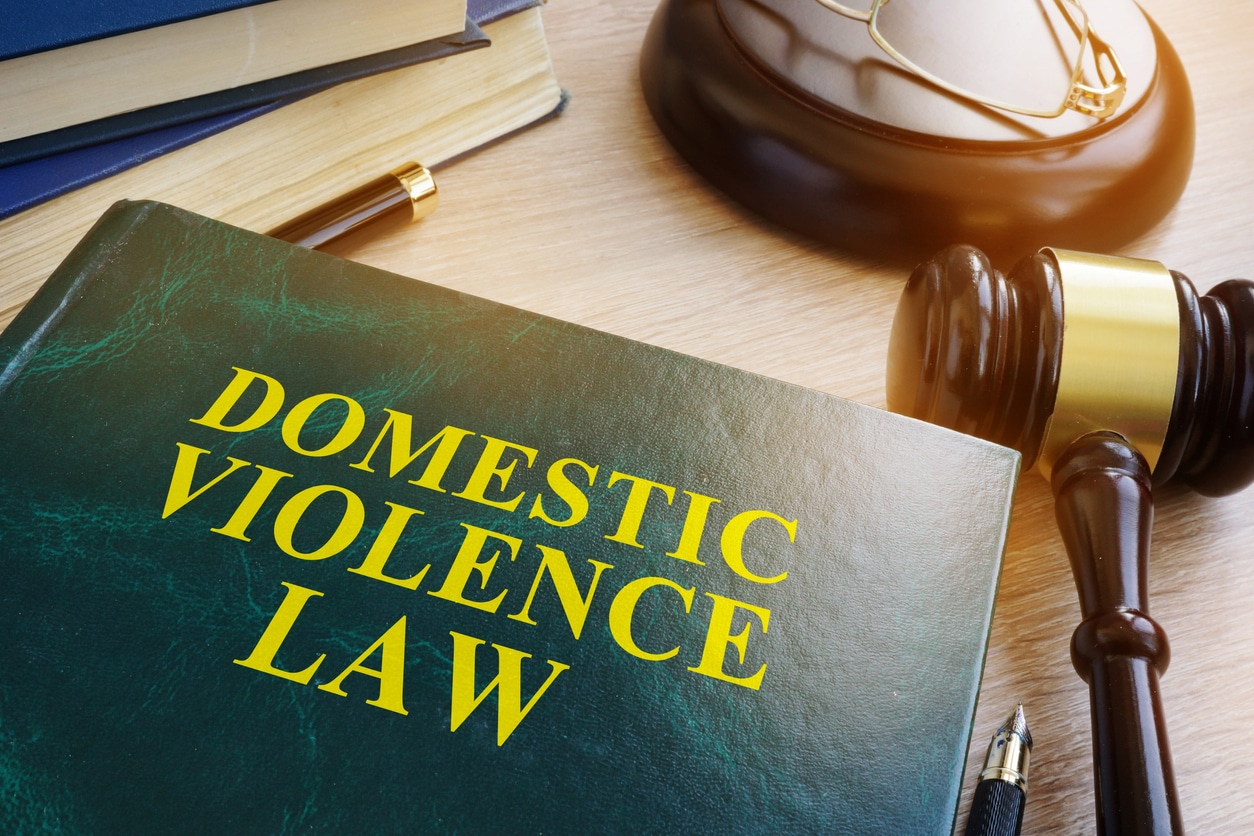Malice
Malice in Nevada Law: What You Need to Know Malice is defined as “the intention or desire to do evil or ill will.” Malice is intentional in all forms, meaning you are well aware of what you’re doing to another. In legal terms malice indicates the intention without excuse, to commit an act that is … Malice















